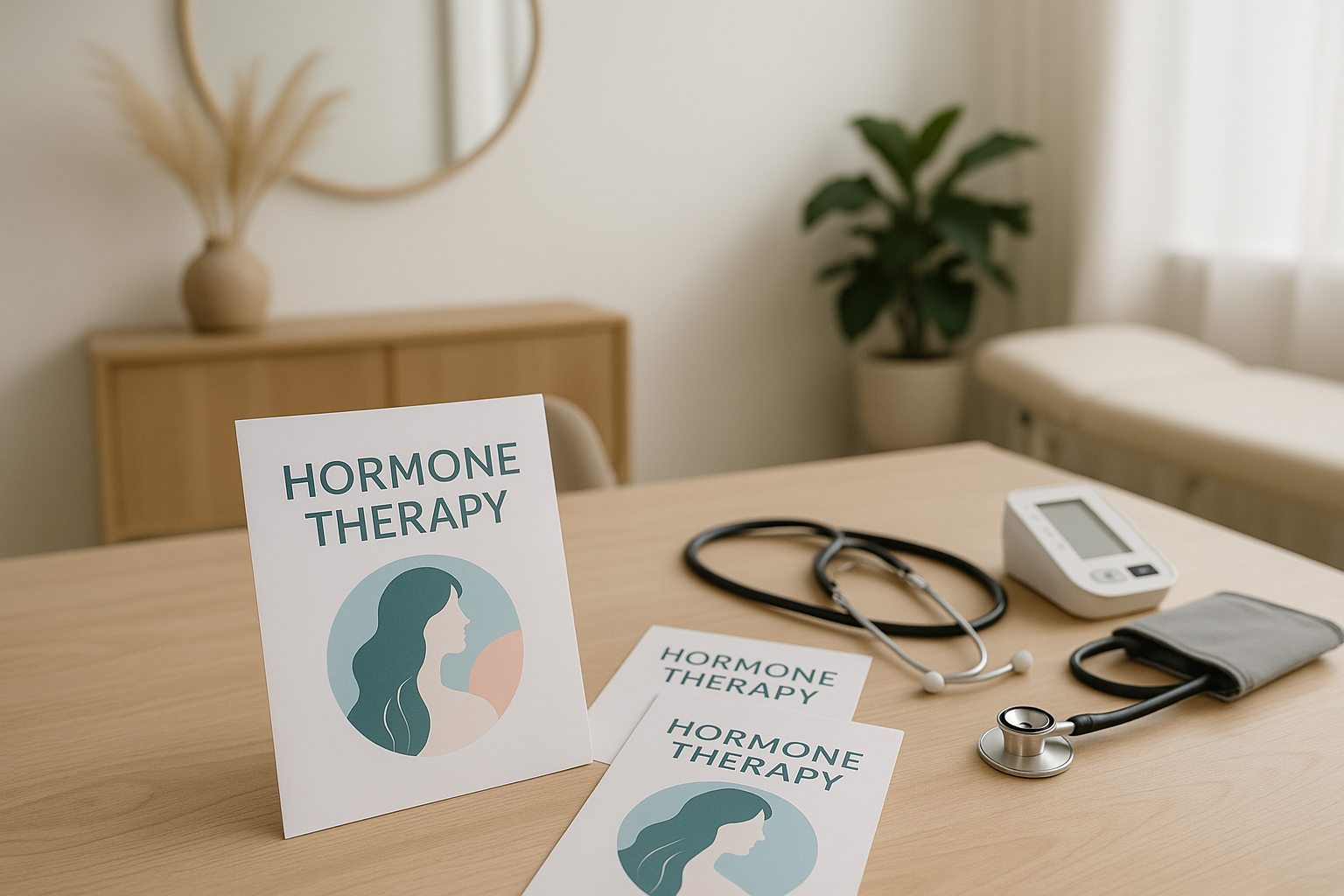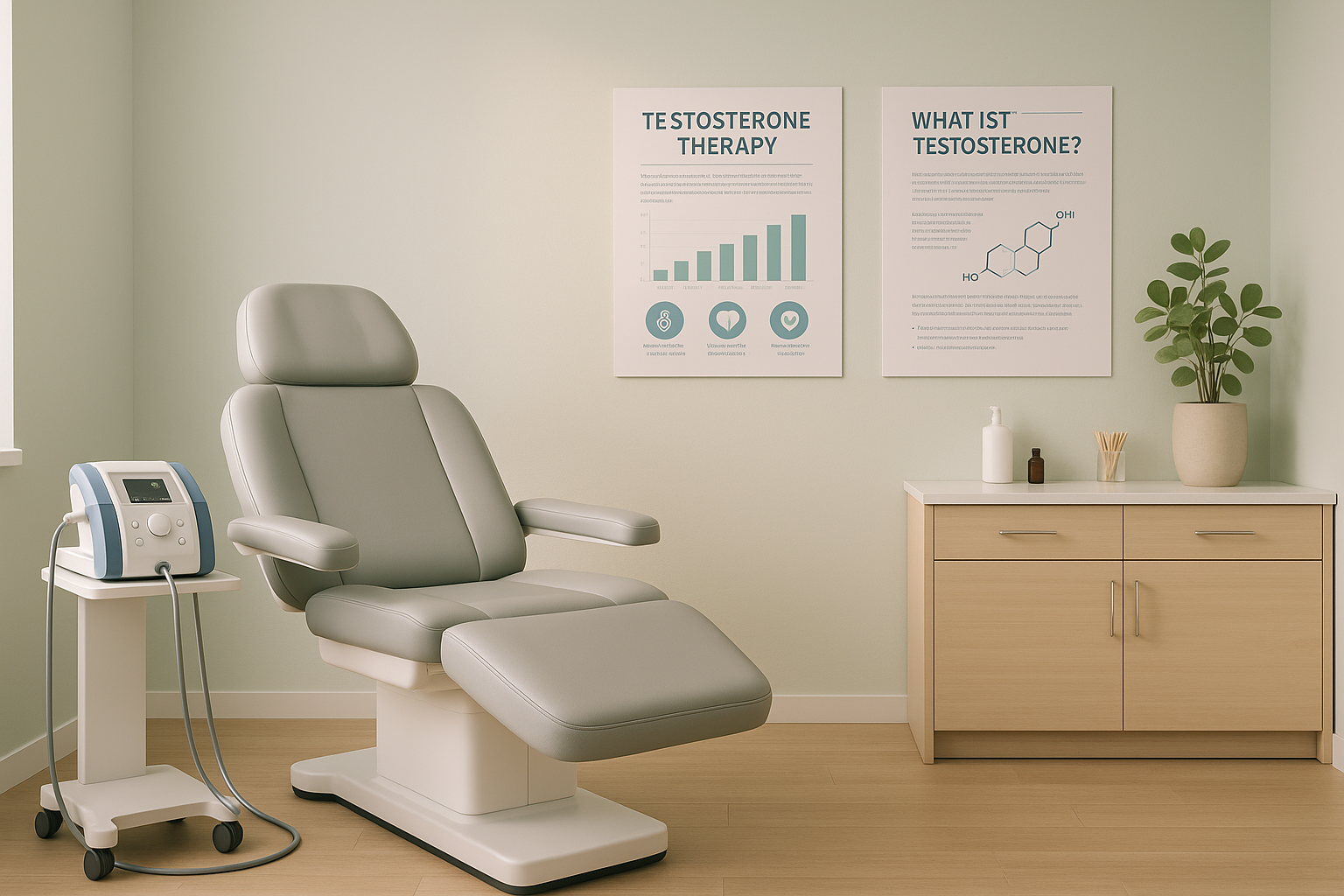Revolutionary Mental Health Programs Transform Community Wellbeing Today
Are you ready to transform your community's wellbeing by exploring revolutionary mental health programs that promise to make a significant impact? Browse options and discover how these innovative approaches can elevate community health and happiness.
The Rise of Revolutionary Mental Health Programs
Mental health has become a focal point in community wellbeing, with innovative programs emerging to address the complex needs of diverse populations. These programs are designed to provide holistic and accessible mental health care, ultimately improving the quality of life for individuals and communities alike. By integrating cutting-edge technology with compassionate care, these initiatives are transforming how mental health services are delivered.
One of the most notable advancements is the use of telehealth services, which have expanded access to mental health care, especially in remote or underserved areas. Telehealth platforms allow individuals to connect with licensed therapists and counselors from the comfort of their homes, breaking down geographical barriers and reducing stigma associated with seeking help. According to the American Psychological Association, the use of telehealth services has increased by over 50% in recent years1.
Community-Based Programs Making a Difference
Community-based mental health programs are also gaining traction, focusing on prevention and early intervention. These programs often involve collaboration between local governments, non-profits, and healthcare providers to offer comprehensive services tailored to community needs. For example, Mental Health First Aid training is being offered in many communities to equip individuals with the skills to support someone experiencing a mental health crisis. This initiative has been shown to increase mental health literacy and reduce stigma2.
Moreover, peer support programs are becoming an integral part of community mental health strategies. These programs leverage the lived experiences of individuals who have navigated mental health challenges to support others in their recovery journey. Peer support has been shown to improve outcomes and provide a sense of belonging and empowerment3.
Financial Benefits and Accessibility
Investing in revolutionary mental health programs not only benefits individuals and communities but also offers substantial economic advantages. According to a study by the World Health Organization, every dollar invested in mental health treatment yields a fourfold return in improved health and productivity4. This makes a compelling case for communities to allocate resources towards these programs, as they can lead to reduced healthcare costs and increased economic productivity.
Many of these programs are supported by government grants and private funding, making them accessible to a wide range of communities. Additionally, some organizations offer sliding scale fees or financial assistance to ensure that cost is not a barrier to accessing mental health services.
Exploring Further Opportunities
As these programs continue to evolve, there are numerous opportunities for communities to enhance their mental health services. By browsing options and exploring partnerships with innovative mental health organizations, communities can tailor solutions to meet their unique needs. Whether through expanding telehealth services, implementing community-based initiatives, or fostering peer support networks, the potential for improving community wellbeing is immense.
For those interested in learning more about these transformative programs, numerous resources are available online. Many organizations provide detailed information on how to implement and benefit from these initiatives, offering a wealth of knowledge for communities eager to make a change.
By embracing these revolutionary mental health programs, communities can create a supportive environment that fosters resilience, reduces stigma, and promotes overall wellbeing. As you search options and explore these innovative solutions, consider the long-term benefits they can bring to your community's health and happiness.
References
- American Psychological Association - Telehealth Mental Health
- Mental Health First Aid - Research
- SAMHSA - Peer Support
- World Health Organization - Mental Health Response




